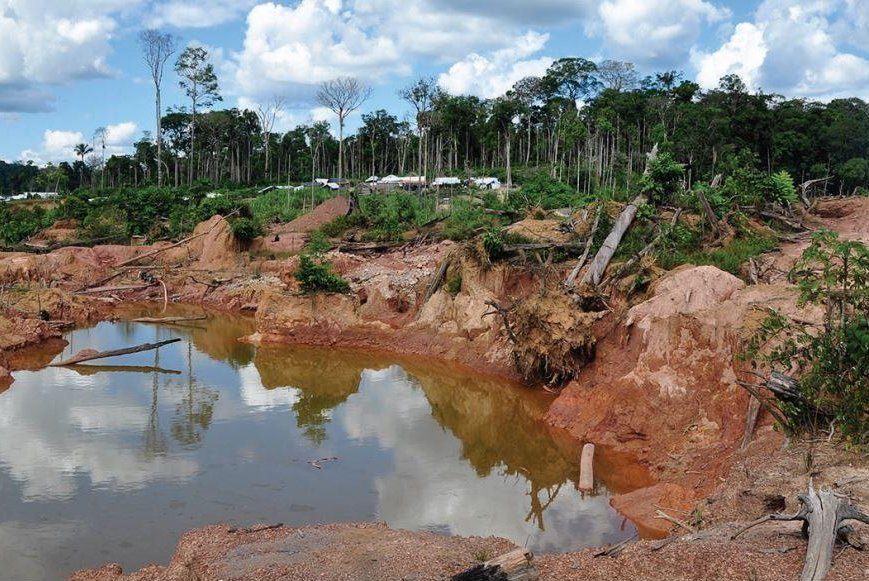
WALKER – Collision Course: Development Pushes Amazonia Toward Its Tipping Point
Robert Toovey Walker
Article first published online: 23 DEC 2020 Environment: Science and Policy for Sustainable Development
DOI: 10.1080/00139157.2021.1842711
ABSTRACT:
Shortly after the turn of the millennium, effective environmental policies in Brazil reduced deforestation rates in the Amazon Basin. Unfortunately, these policies began to unravel at almost the same time they proved effective, and the deforestation numbers started to climb after reaching a low point in 2012. 1 A generalized collapse of environmental governance in Brazil and other Amazonian nations has renewed public concerns about the fate of the forest. These concerns—recently intensified by Amazonian fires in the summer of 2019—have put the focus on regional climate changes capable of inducing a “tipping point” beyond which the moist forest transitions to a tropical savanna. This could happen in a number of ways but would probably include some combination of changes in average annual precipitation and dry-season intensity. 2 , 3
Deforestation has radically altered the Basin’s environment since the opening of the region in the 1970s. As is well known, waves of in-migrants initiated a process of agricultural development that to date has consumed about 20% of the Brazilian portion of the original forest. 4 At the same time, changes have occurred in the region’s hydroclimate, leaving many to wonder what relationship they bear to nearly 50 years of landscape changes and a longer period of greenhouse gas buildup. The goal of the present article is to shed light on this relationship and to consider the likelihood that Amazonia stands on the verge of a tipping point as a consequence of anthropogenic disturbances, for which we are all responsible.
Read the full publication at Environment: Science and Policy for Sustainable Development